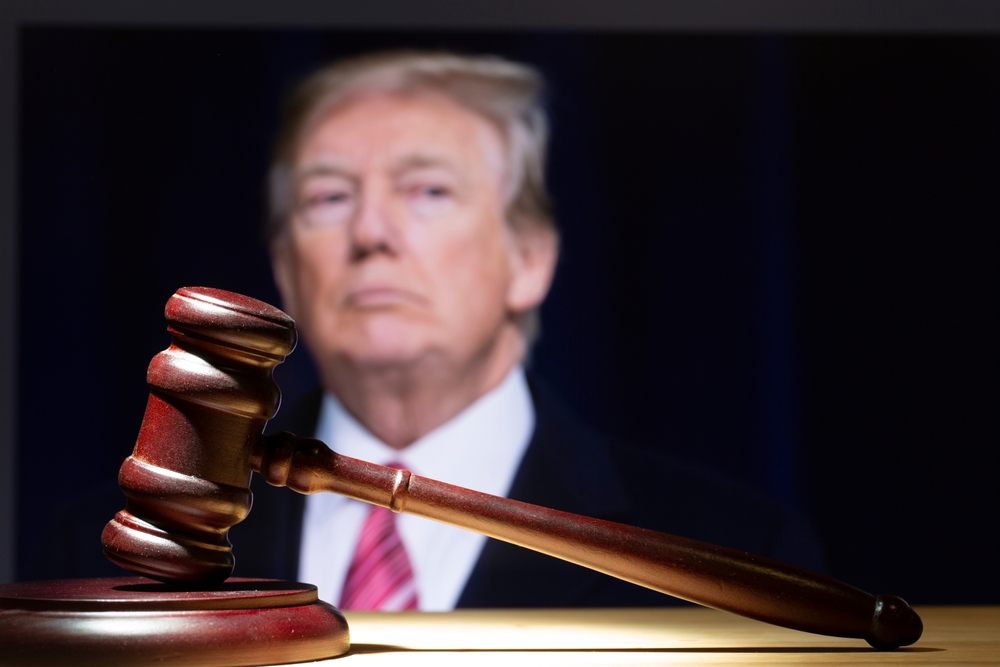(GoRealNewsNow.com) – In a significant announcement, the Supreme Court declared on Wednesday its decision to deliberate a case pivotal to the Jan. 6, 2021, Capitol attack. This case, centered around the charge of obstructing an official proceeding, could profoundly affect the legal outcomes for hundreds of defendants, including former President Donald Trump.
Central to this legal debate is the federal obstruction statute, a point of contention for critics who argue that federal prosecutors are excessively broadening its interpretation to level charges against hundreds of Jan. 6 defendants.
The case, scheduled for arguments in the spring, revolves around Joseph W. Fischer, a former Pennsylvania police officer. Fischer attended the Stop the Steal rally on Jan. 6, 2021, near the White House but initially did not enter the Capitol. He returned later, after the electoral vote count was suspended, and briefly entered the building, as evidenced by court records and video footage.
Fischer was charged with multiple counts related to the Jan. 6 attack, including an obstruction charge under Title 18 Section 1512. This statute addresses tampering with a witness, victim, or information, including the destruction of documents in an official proceeding, and the obstruction or influence of an official proceeding. Conviction under this law can lead to significant penalties, including a fine and up to 20 years in prison.
A lower court initially dismissed the obstruction charges against Fischer, citing an overly broad interpretation of the law by prosecutors. However, the U.S. Circuit Court of Appeals in Washington overturned this decision, reinstating the charges and setting the stage for a Supreme Court appeal.
This case’s implications extend far beyond Fischer. Over 300 of nearly 1,000 Jan. 6 defendants have been charged under the obstruction statute, part of the Sarbanes-Oxley Act established for financial record keeping and documentation. Of these, at least 152 individuals have been convicted or pleaded guilty to obstructing an official proceeding.
The Sarbanes-Oxley Act, passed in 2002 following the Enron Corp. scandal, aims to preserve evidence in federal investigations. With around 1,200 individuals charged in relation to the Jan. 6 attack and over 700 guilty pleas, the Supreme Court’s decision will have far-reaching consequences.
Adding to the high stakes, former President Trump is charged under the same statute for allegedly obstructing an official proceeding. His trial is set for March in Washington. Trump is challenging these charges, asserting presidential immunity, a claim currently under review by the Supreme Court. A lower court has already ruled that he is not immune from these federal charges.
The outcome of the Supreme Court’s decision will not only shape the legal landscape for those involved in the Jan. 6 attack but also has the potential to redefine the boundaries of the federal obstruction statute, impacting high-profile cases, including that of the former president.


